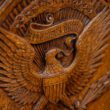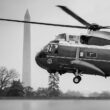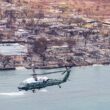In a historic first, United Nations representatives have criticized the U.S. government for reported human rights violations against Guam’s Indigenous Chamorro people.
The U.S. has a long record of abusing its power over Guam, which has been a territory for over a century. While Guam is considered a “strategically important link” between the U.S. and Asia, Indigenous communities have rallied against the American government’s continued military activities, environmental contamination of the island, and desecration of sacred and culturally significant sites—such as burial grounds. Experts say the resulting toxicity has increased risks to Chamorros’ lives and health, contributing to water insecurity and lack of food, which have worsened due to COVID-19.
In a joint letter to the federal government, submitted in January and made public Tuesday, three UN Special Rapporteurs echoed those sentiments, expressing “serious concern over the U.S. military buildup in the absence of adequate consultation with the Chamorro people and the associated threats to Indigenous lands, resources, environmental, and cultural rights.”
The letter highlights the lack of “free, prior and informed consent” afforded to Guam’s Indigenous inhabitants amid the U.S.’s ongoing military expansion, and raises additional concern over the lack of federal support for Chamorro self-determination.
Urging the government to take interim action to halt alleged violations, the rapporteurs requested information on measures enacted to “respect, protect, and fulfill the rights of Indigenous peoples in Guam.”
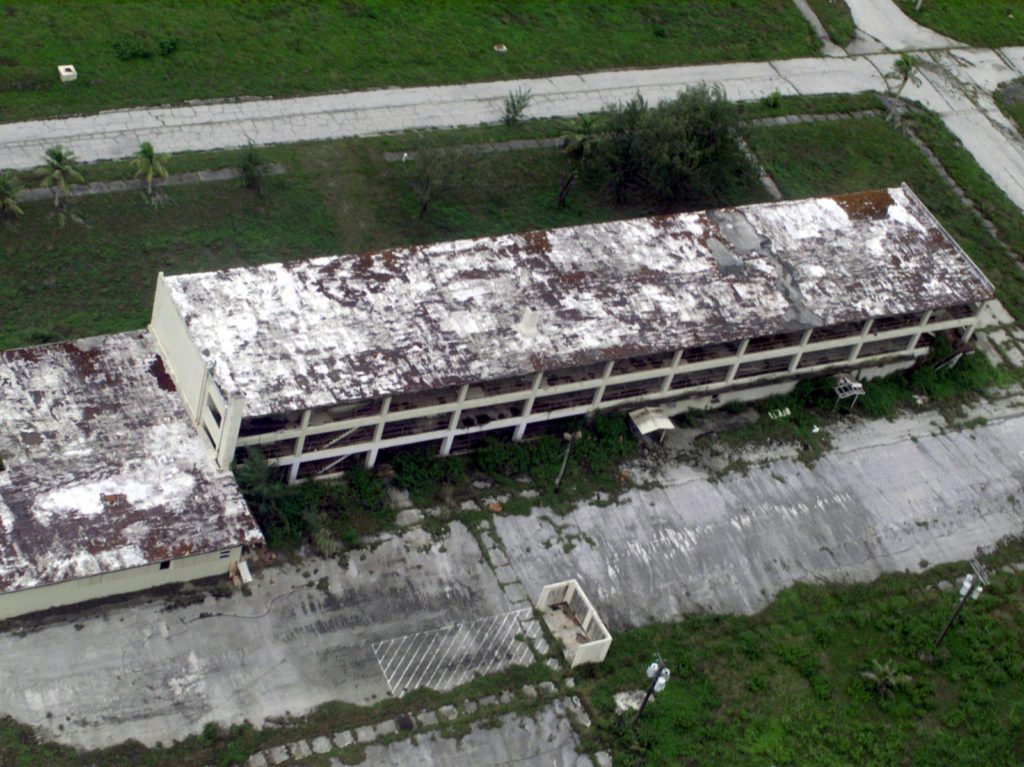

The push for UN recognition was led by organizations Blue Ocean Law, Prutehi Litekyan: Save Ritidian, and Unrepresented Nations and Peoples Organization (UNPO), who said the letter was “deeply validating.”
“In light of the severe and ongoing harms against the CHamru people by Guam’s administering power, we urge the entire international community to pressure the government of the United States to respond appropriately to this letter and to cease the ongoing human rights violations,” UNPO said in a statement.
While the rapporteurs—and the UN Human Rights Council more broadly—lack any real enforcement power, the letter marks the first time the world's most visible human rights body has examined and highlighted the Chamorros’ plight.
UNPO and Hope Alvarez Cristobal, a leading advocate for Chamorros’ right to self-determination, have also submitted a petition to the Inter-American Commission on Human Rights, an autonomous judicial institution that serves to protect human rights in the Americas. The petition alleges systematic violations rooted in American colonization and seeks formal proceedings against the U.S.
The issue is particularly timely in light of Davis v. Guam, a 2020 federal court case that effectively denied Guam’s native inhabitants the right to take a symbolic first step toward self-determination.
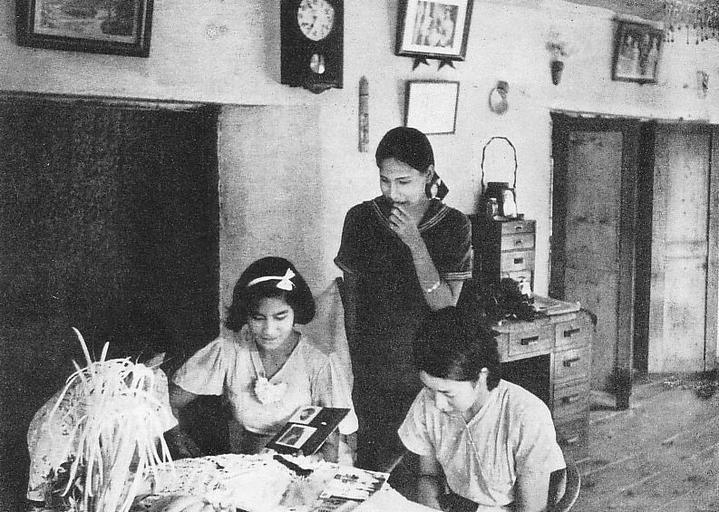

The U.S. made Guam an official territory—without consulting Indigenous people—after winning the Spanish-American War that broke out in 1898.
The island was subjected to decades of military colonialism, with naval governors wielding complete authority over the island and its people. Without democratic rights, Chamorros essentially suffered an “autocratic dictatorship,” according to the community project Guampedia.
“It is not an exaggeration to say that fewer permanent guarantees of liberty and property rights exist now than when under Spanish domination,” Chamorros said in a petition to the U.S. Congress in 1901.
The governor of Guam remained federally appointed until 1968, when the Guam Elective Governor Act allowed for elections to office.
Today, people in Guam are citizens by birth and can vote for party delegates in presidential primaries, but they cannot cast ballots for president. And though a non-voting delegate represents them in Congress, they do not share the same privileges as citizens in the U.S.
Decades after the U.S. first colonized Guam, the military’s legacy remains, and with it a Chamorro rights movement that continues to amplify its calls for justice, self-determination, and the return of ancestral lands.





